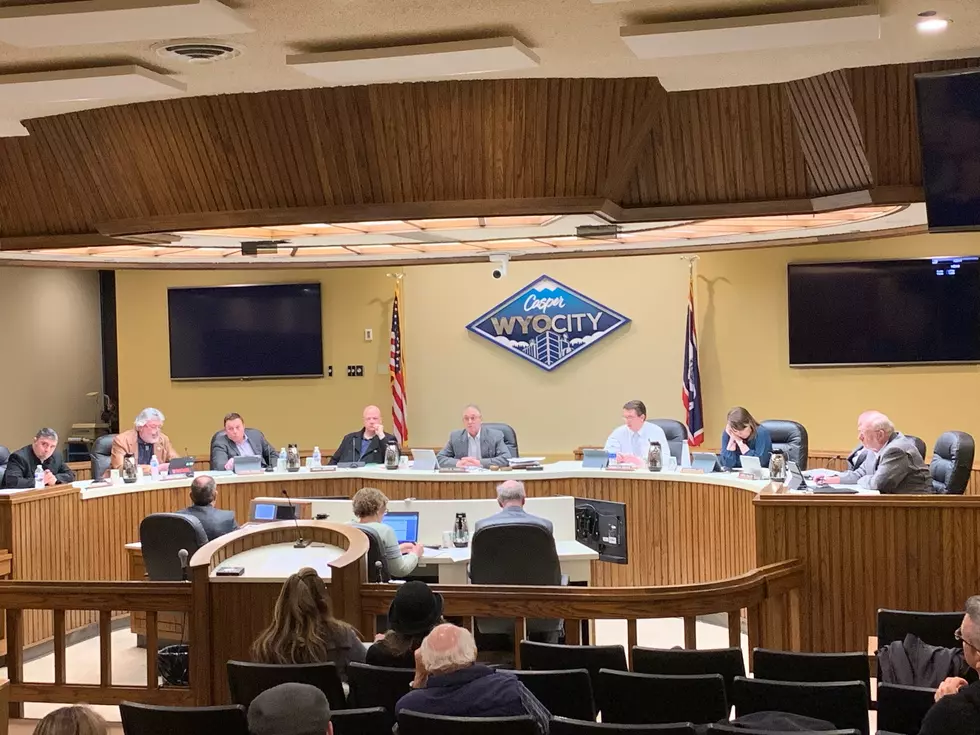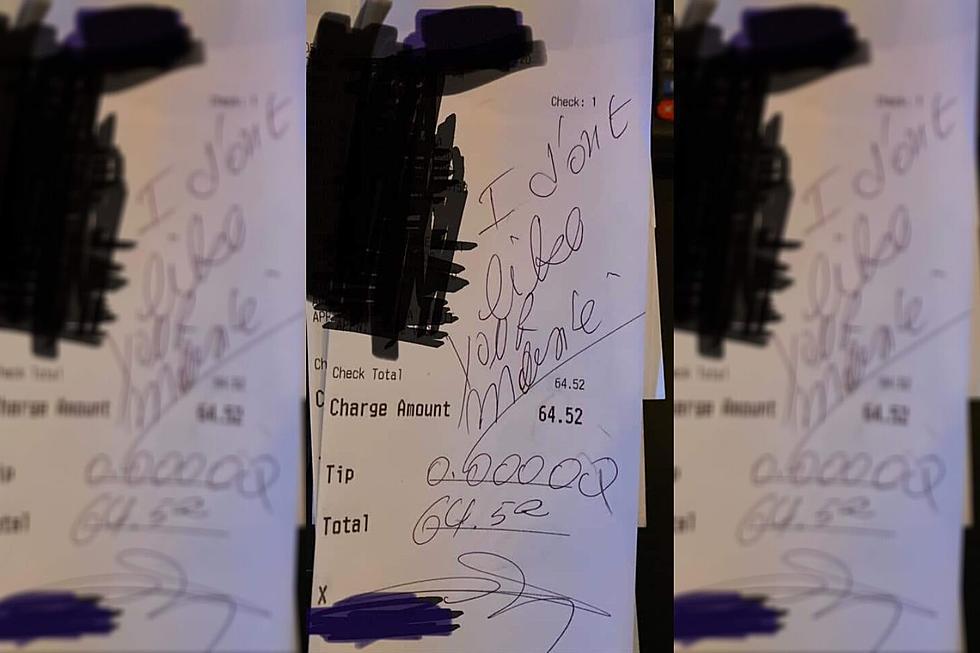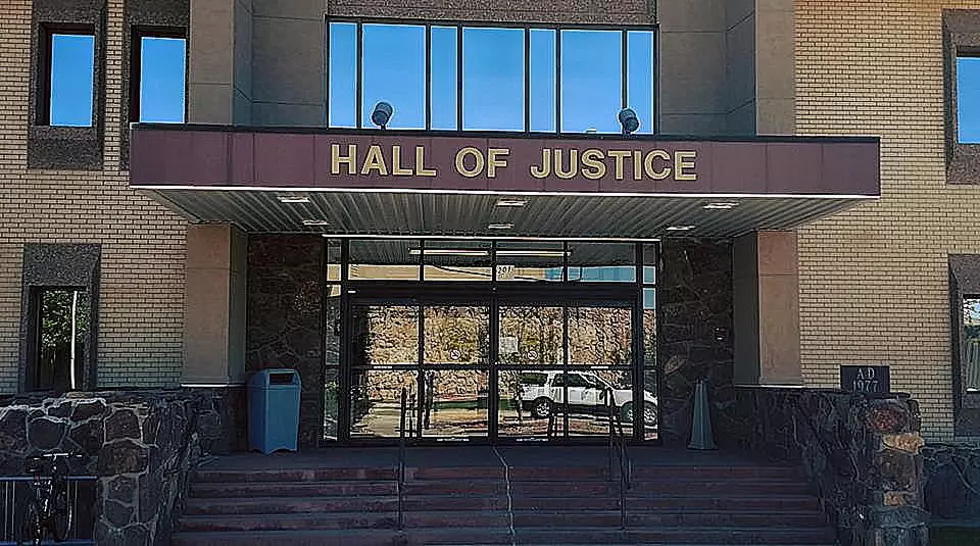
Casper City Council Approves New Liquor License Ordinance
The Casper City Council on Tuesday passed on third reading an ordinance that will require training for all employees of restaurants, bars and retail stores that sell alcohol, and volunteers who pour beer and other alcoholic beverages.
"Let's hope this works," Mayor Charlie Powell said after an hour of public comment and discussion by the council.
Because if it doesn't reduce alcohol-related crimes, the city will need to come down even harder on violators, Powell and other council members said. "We need to see evidence that this training is working."
The vote ended a process that began last year as an effort to align the municipal code with state law, and to get a handle on a rising number of alcohol-related crimes including driving while intoxicated and public intoxication, according to concerns raised by Police Chief Keith McPheeters.
Two weeks ago, council approved the ordinance that eliminated a section about restaurants and bars over-serving customers that critics said could have been interpreted to allow police to enter private homes. It now requires all employees of liquor license holds to take a serving training course within 90 days of being hired.
After the initial backlash about potential government overreach, council tabled the ordinance to revise the language, specifically for the TIPS -- "Training for Intervention ProcedureS" -- education, which includes training on how to identify people who are intoxicated and methods of ending their service of alcohol to them.
The revisions also included a requirement that establishments that sell alcohol to maintain records available to police showing employees have been trained, and a graduated fine schedule for violations. After a certain number of violations, an establishment's liquor license will be suspended for seven days.
During the public comment period, several liquor dealers said they favored the ordinance because it has teeth.
Mike Reid, owner of Poplar Wine and Spirits, said the ordinance has a good carrot-and-stick approach with the encouragement of training and the threat of the possible suspension of a license for seven days. "That's a big buck deal."
The training could be done by representatives of the Wyoming Liquor Dealers Association and/or McPheeters, said Reid and Matt Galloway, who owns Galloway's, Keg and Cork, and The Gaslight Social.
"Education is only going to help us," Galloway said.
However, that education will take time because of the hundreds of servers and sellers of alcoholic beverages. So the council agreed to move the effective date of the ordinance to May 5 instead of the original deadline of March 26.
Besides changing the effective date, council member Steve Freel made a motion, approved by most of the council, to amend the ordinance to require volunteers who serve alcoholic beverages at charity events to receive the TIPS training, too.
Council member Shawn Johnson balked. "This whole thing is going to stifle some volunteerism," he said.
But council member Khrystyn Lutz, who raised the problematic matter two weeks ago, said she pours beer at a local charity event once a year and she agrees with Freel.
The council can't make exceptions for certain groups when it agrees there are problems with alcohol-related crimes, Lutz said. "It has to be across the board."
Council members thanked Reid, Galloway and other liquor dealers who worked with the city to craft the ordinance.
Along with his compliment, Mike Huber castigated what he, Reid and Galloway called an appalling complacency with a lot of liquor dealers who think their licenses are entitlements.
The council is serious about the ordinance and a lot of dealers and sellers should have been paying more attention in the past several months because the consequences for violators are painful, Huber said. "We could cut the guts out of their business."
After the ordinance passed, Reid hopes this will get the sellers of alcohol -- from restaurants with licenses to "big box" stores with retail licenses -- to train their employees and that it will cut down on driving under the influence and similar problems, he said. "If it doesn't help, there's going to be worse changes."
More From 107.9 Jack FM









